Table of contents
2022 data shows that lab grown diamond ring sales skyrocketed by 63%. That number is no accident — lab grown diamond engagement rings are becoming a highly popular alternative to traditional diamond rings!
But wait, what exactly are lab grown diamonds? Compared to naturally occurring diamonds, what makes them better, worse, or otherwise?
Strap in and learn about the rising trend of lab grown diamond engagement rings for 2023!
What Is a Lab Grown Diamond?
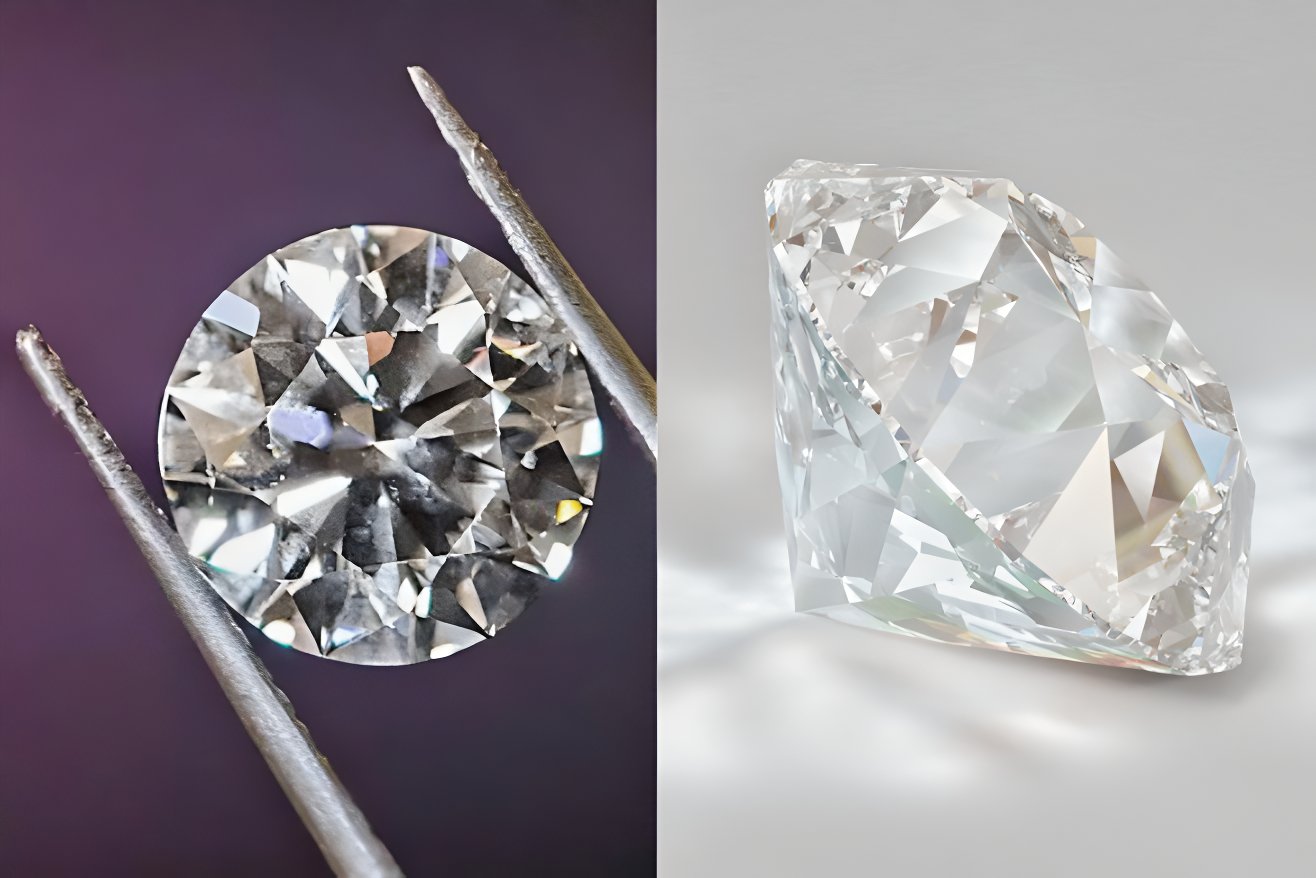
These diamonds may be synthetic, artificial jewels, but they are no different from diamonds found on the earth.
In truth, lab grown diamonds look the same, feel the same, and have the same chemical composition as natural diamonds. Without highly specific scientific equipment, professional jewelers and geologists can’t tell the difference between the two.
Diamonds occur in nature when the carbon atoms of a stone are arranged in a crystal-like formation. Science is at the point where scientists can manually induce the conditions that lead to diamonds using heat and pressure.
Some claim that lab grown diamonds are ‘simulants,’ truly fake gems like Cubic Zirconia or Moissanite.
Once again, there is no chemical distinction between lab grown diamonds and real diamonds. Something like Cubic Zirconia may look like a natural diamond, but it tends to scratch and loses its color and clarity easily.
Here’s a little test for you.
Guess which of the diamonds pictured above is the real one, and which is the fake?
We’ll give you the answer at the end of the article. 😉
Pros of Lab Grown Diamonds
LOW COSTS
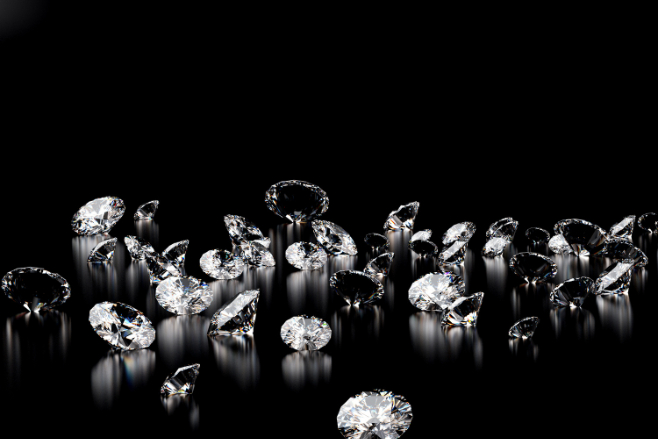
The absolute number one benefit of lab grown diamonds is their cost.
While it varies, artificially created diamonds cost 50-70% less than their real counterparts!
We’re talking about $5,000 vs. $20,000!
SCIENTIFICALLY THE SAME AS REGULAR DIAMONDS
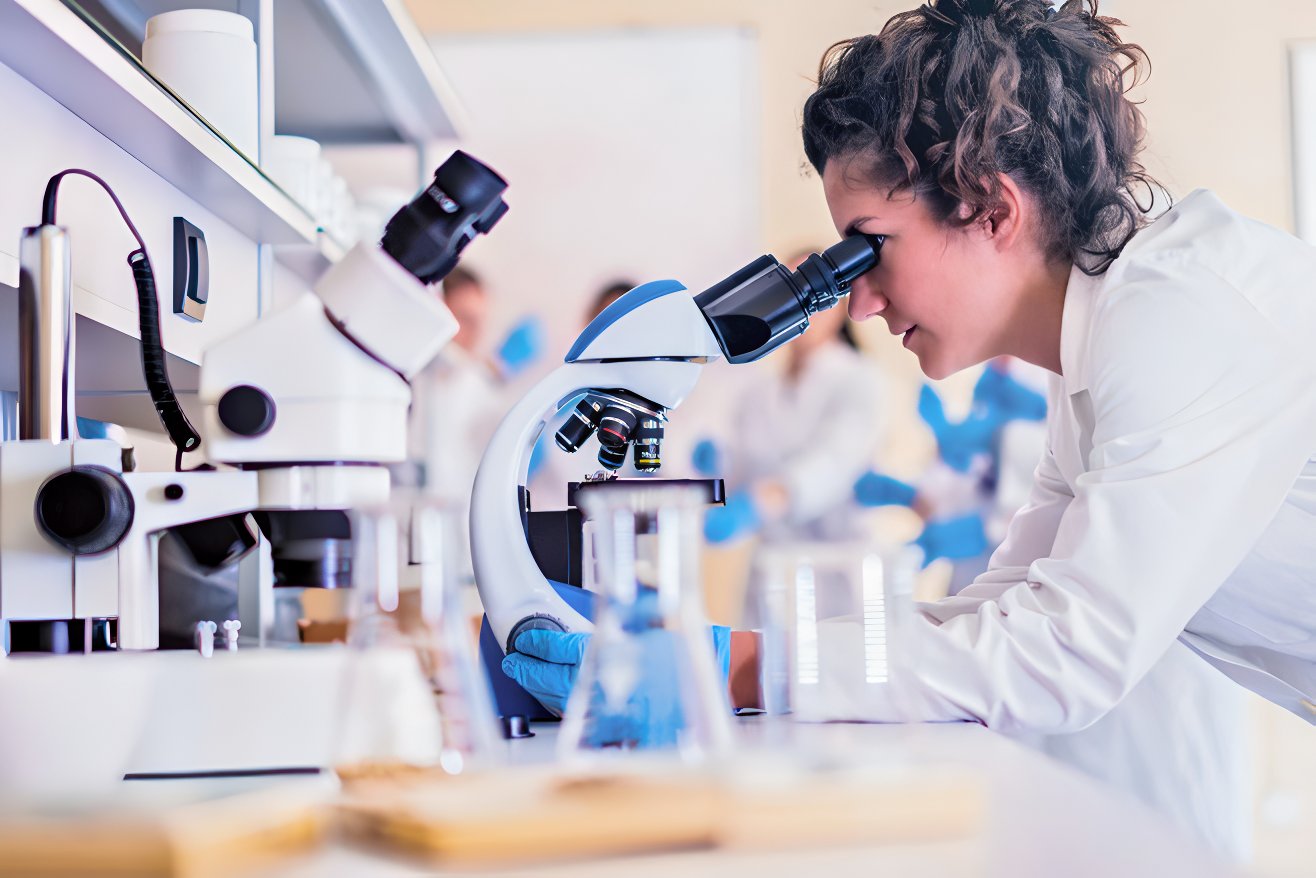
From their molecules to their appearance, there is no detectable difference between a lab grown diamond and a naturally mined one.
The cost difference stretches to colored diamonds, which are usually astronomically expensive.
ENVIRONMENTALLY & ETHICALLY FRIENDLY
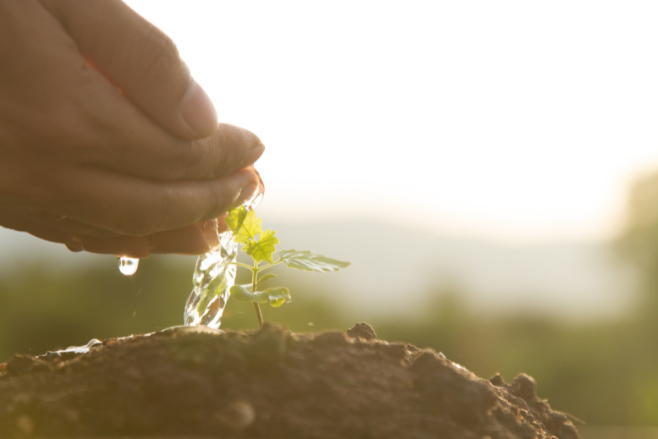
The mining process for diamonds is a massive undertaking. The operations destroy forests, displace tons of soil, and put workers in dangerous situations and unsanitary conditions.
While creating lab grown diamonds is not an entirely environmentally friendly process, it is much safer for workers, the atmosphere, and nature.
Lab grown diamonds also guarantee an ethically sourced product.
While human rights violations, labor practices, and potentially violent conditions around diamond mining have seen drastic improvements in the last few decades, there is still no way to guarantee a totally conflict-free diamond.
With lab created diamonds, you can rest assured that your wedding ring is 100% ethically sourced!
CHEAP TO INSURE

Because of their cheaper value, lab grown diamonds are less to insure.
With insurance, you won’t have to worry about damage, theft, losing them, or anything else happening to your lab grown wedding ring.
Cons of Lab Grown Diamonds:
LACK-OF-RARITY
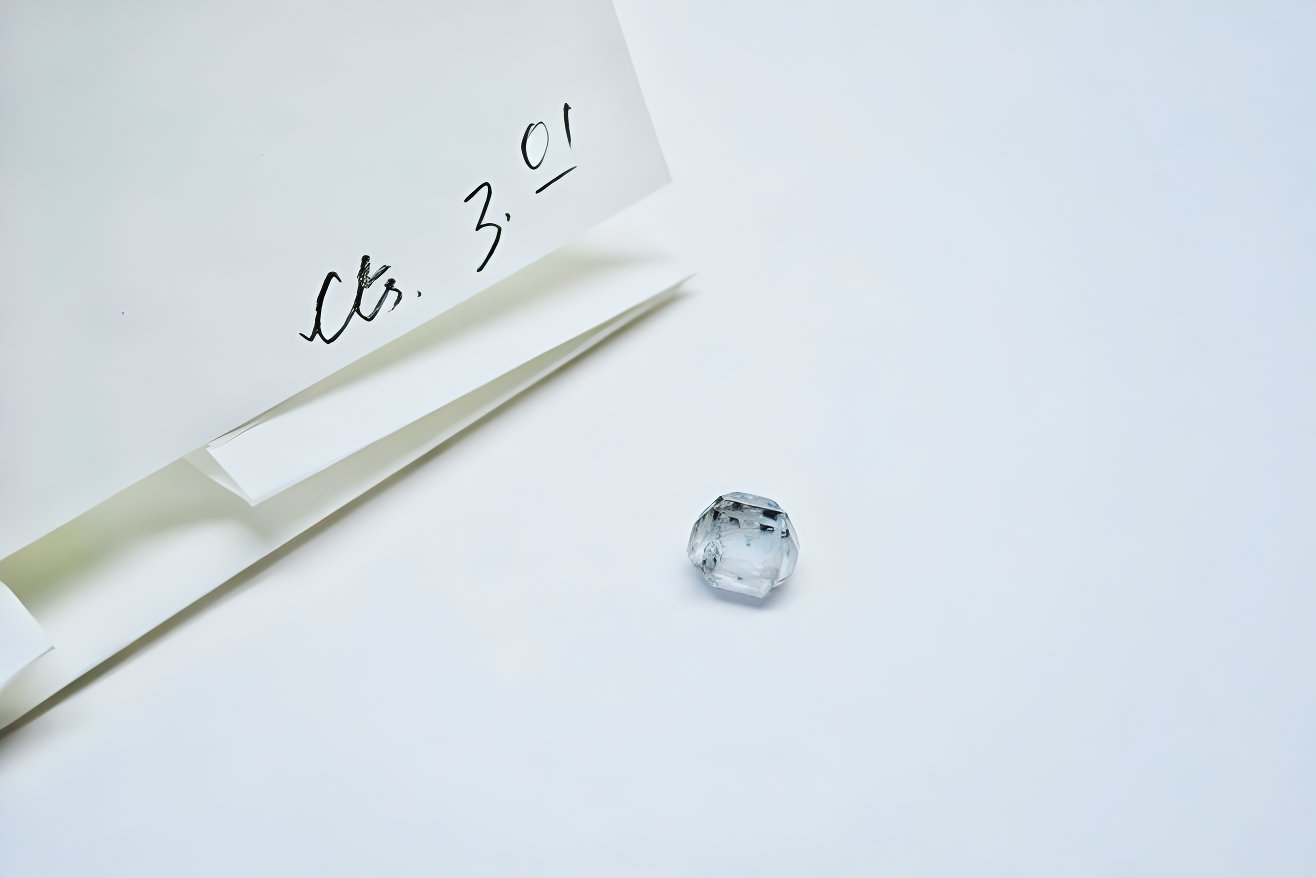
Lab grown diamonds are as beautiful as their real-world counterparts, but they are ultimately mass-produced products.
So if you or your partner value the one-of-a-kind quality of natural gemstones, lab grown diamonds might not scratch that itch.
LOW LONG-TERM VALUE
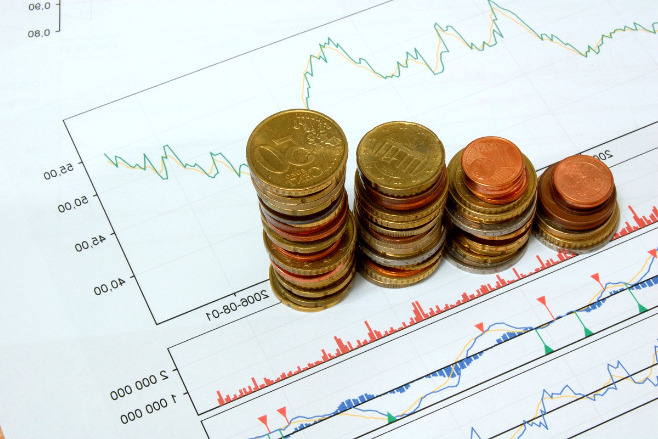
Artificially created diamonds will depreciate in value over time.
Diamonds are technically a limited supply, while their human-made counterparts could be endless.
You may be disappointed at your resale value if you plan on selling your diamond later or want to sell your ring in exchange for a different one.
Expect to get 10-20% of what you paid originally if you resell your lab grown diamond!
REMAINING ENVIRONMENTAL IMPACT AND ETHICAL CONCERNS

While the mining process of procuring natural diamonds creates way more wreckage and damage to nature, the synthetic diamond process has its own problems.
A massive amount of energy, heat, and pressure is required to create lab grown diamonds, leading to tons of greenhouse gasses being released into the atmosphere.
As well, despite the issues involved with the mining process, natural diamonds are a crucial economic cornerstone for the countries that produce them. Manufactured diamonds may take away or lessen that needed money supply.
BEST PLACES TO BUY A LAB-GROWN DIAMOND

Curious about where to buy these lab-created diamonds?
Here are some of our favorite online retailers:
James Allen
Price Range: $1,000-$20,000
A high-cost, high-quality boutique with lots of customization.
Helzberg
Price Range: $100-$12,000
A hundred-year-old brand that has adapted to the times, offering artificially created rings as beautiful as their natural diamonds. They are such a popular brand that their sales reps are ordained ministers, just in case a client wants to say ‘I do’ right there in the store!
You’ve Got The Ring, Time To Book Your Destination Wedding!
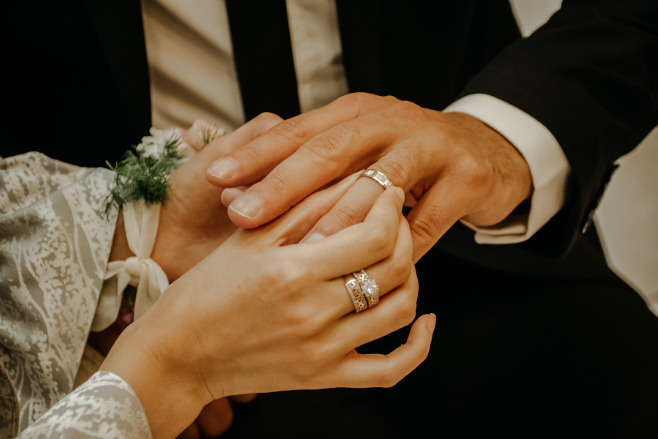
Ready for the answer to the question above?
The left-side diamond is lab-grown!
You’ve got the ring, lab grown or otherwise. 2023 is right around the corner, now is the perfect time to propose!
Once they’ve said yes, it’s time to give us a call!
We’ve sent thousands of happy clients to their daydream destination weddings in locales like Mexico and Jamaica.
We’re ready to give your love story a happily ever after!
